Creating a character can be one of the greatest—and most stressful—parts of Dungeons & Dragons 5th Edition. Whether it’s your first time playing TTRPGs, or your first time with the Point Buy ruleset, you might find yourself scratching your head about the specifics. What does it mean to use Point Buy in 5E? What should you even be looking for? And how can you twist the system to your advantage? You’ve come to the right place.
Point Buy is one of three ways that you can calculate ability scores in Dungeons & Dragons 5th Edition. The other two ways are rolling ability scores, where you roll a number of d6s to randomly determine your score counts, and Standard Array, where players assign the numbers 15, 14, 13, 12, 10, and eight to their six ability scores. Point Buy is the middle option, and gives players a certain number of Ability Points to spend on improving their scores.
How to calculate Point Buy in 5E
Point Buy in 5E traditionally involves a pool of 27 Ability Points that you can spend to improve any ability score. In this system, all ability scores start at eight, and at first, you can increase them by one for every one point you put into them.
Once an ability score reaches 13, it takes two points to increase it to 14 and another two points to increase it to 15. 15 is the maximum that any stat can reach in 5E‘s Point Buy system. After spending your points, you then add your racial ability bonuses to the appropriate stats, which will increase the ability scores without the need for any more points.
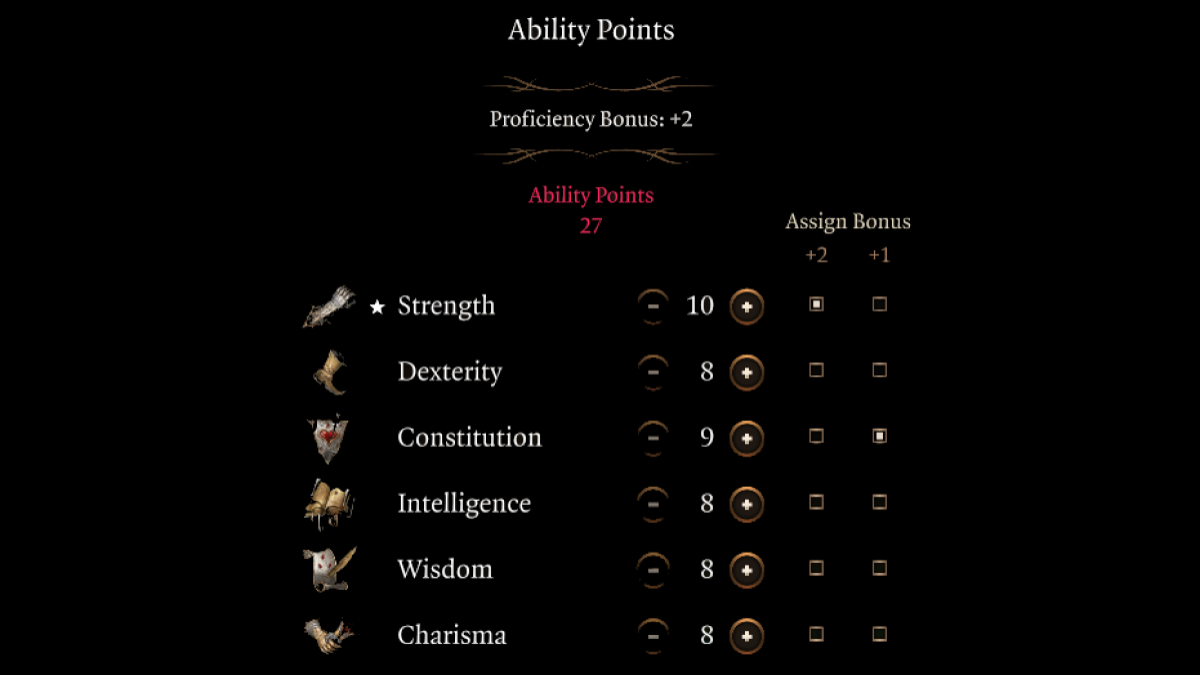
So, let’s say a Barbarian wishes to increase her Strength to a base of 15. She would have to spend five points to bring it from eight to 13, then another four to get from 13 to 15, since each score increase past 13 costs two instead of one. That is a total of nine points to bring her Strength from the minimum to its maximum.
Related: Baldur’s Gate 3: Best races and ability scores for Barbarian class
However, once you get to 15, you can only further increase it through racial ability score increases. For instance, if you are using the Lineage ruleset, you can increase any one ability score by two and another by one. Our Barbarian, with 15 Strength, decides to put the plus-two from her Lineage into Strength. That’s a total of 17, but she did not have to spend any additional ability points to get there.
For our Barbarian’s sake, she’s spent nine of her 27 points. She can freely spend the other 18 points as she wishes. She could even raise Dexterity and Constitution to 15, and leave her mental skills all at eight. While we would recommend at least a little bit of attention be given to Wisdom, that’s up to her. Any point can go into any stat, as long as it is 15 or below and eight or higher.
How to build a good character using Point Buy in 5E
You have a few goals for ability scores when making a character in 5E. Your first priority is your primary ability score, which you should have at a minimum of 16—including boosts you get from your race. Your secondary ability scores, such as a Paladin’s Charisma, matter next, and those should be between 14 and 16 depending on your build. Finally, you want to give fair consideration to your Defensive ability scores (Dexterity and Constitution), which keep your character alive.
Your character’s primary ability score is almost always how they deal damage or cast spells. For instance, a Wizard’s primary ability score is their Intelligence (which governs their spells), while a Fighter’s could be Strength or Dexterity (if they’re using a Greatsword or a Longbow).
Your secondary score depends largely on your choice of class and subclass, but it usually helps your character’s Difficulty Checks, or improves an aspect of them. A Ranger has a primary ability score in Dexterity and a secondary score in Wisdom. However, a Champion Fighter has no secondary ability score, so they can invest as much as they want into their defensive ability scores.
Dexterity and Constitution are very important to most builds. Dexterity improves AC while not wearing heavy armor, initiative rolls, and improves the crucial Dexterity saving throw. Constitution directly increases your character’s hitpoints and buffs the similarly important Constitution saving throw—and improves concentration saving throws for casters.
Good ability score spreads for Point Buy
We are big fans of 16, 16, 14, 12, eight, eight for most build spreads (including racial ability score boosts). This allows for flexibility between your primary and secondary ability scores, or gives your Dexterity and Constitution a lot of love to keep you in fights.
However, particular builds should feel comfortable sacrificing the 12 to further boost other stats, such as getting one score to 17 or to get the legendary min-maxed ability score spread of 17, 16, 15, eight, eight, eight. The eights go into stats that the build doesn’t care about. For example, a Barbarian might put eights into all three mental scores—Intelligence, Wisdom, and Charisma—due to the sheer importance of their physical scores.
But why might you want additional points in specific stats to get to 17 or 15? Odd stats don’t provide any bonuses for your character. Well, it’s mainly a setup for future levels.
Point Buy with future feats in mind
A big reason to go odd in an ability score is for your level four feat. Specific feats in 5E can provide a plus-one bonus to a single ability score. For instance, if a 17 Charisma Warlock takes the Fey Touched feat at level four, they can get their Charisma to 18 while also gaining additional features that improve their ability to survive.
This works for secondary scores and defensive scores as well. Getting a 15 in Constitution might not seem particularly useful, but by taking the Chef or Resilient feat, you can round it to 16 while also getting special treats or improving Constitution saving throws, respectively.
Keep in mind that this requires you to get to level four at minimum. If you decide to multiclass your character, it can take longer. Make sure the ability scores you want bonuses in right away are at a round, even number if you don’t want to lose out on saving throws or skill checks in the early game.
Custom Lineage
The Custom Lineage from Tasha’s Cauldron of Everything is a special use of this idea. Since it only gets a plus-two from race, it comes with a bonus feat. This means you can put that plus-two into your primary stat, then put a feat with a plus-one into the same stat. This can give you an 18 from base character creation. For a primary skill, this is enormous, and will allow you to deal significant damage—or have spells that are difficult to save against—from the starting line.
Not all DMs will allow you to play with this race setup. However, if they do, it is a good opportunity to start with a powerful feat that gives you an 18 in an ability score.
Magic items to look for
That said, you may want to keep in mind some important magical items while you are making your character. Some items will set your ability score to a specific number, no matter where it was in the first place, which can warp your build expectations. For example:
- The Headband of Intellect sets your Intelligence to 19.
- Belts of Giant Strength come in a wide variety of choices. They can set your strength to 21, 23, 25, 27, or 29. All of these numbers are higher than your Strength can be at character creation, and only a level 20 Barbarian can get to 24 naturally.
- The Amulet of Health sets your Constitution to 19.
Many of these magical items require Attunement, taking up one of your three slots. However, if your secondary stat is Intelligence or Strength, you may want to think twice about putting too many Ability Points into them at character creation.
Example: Fighter
The goal of this Fighter is to become a Battle Master, a subclass that uses Superiority Dice to control foes on the battlefield. The Battle Master has no additional ability score requirements and the Fighter is not going to multiclass.
As a result, it’s not a bad idea to put 15 points into Strength, 14 into Dexterity, and 15 into Constitution. While the Fighter will be in Heavy Armor for most of their life, 14 Dexterity can give them faster initiative and a better Dexterity saving throw. This uses 25/27 points.
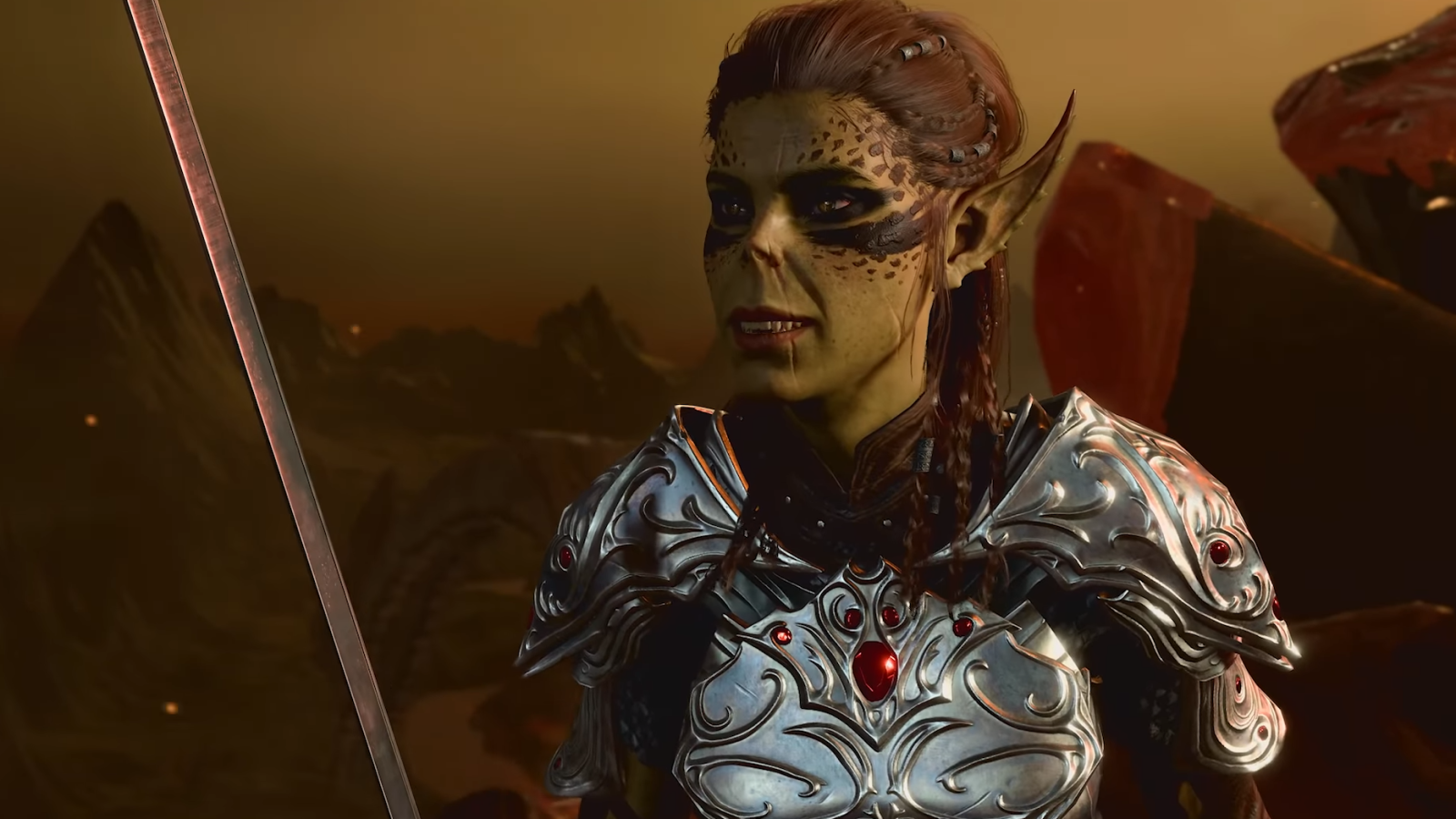
The last two points will go into Wisdom to push it to 10. We like saving against a mental effect every now and then, especially as a high-damage Fighter.
Then, when selecting a race, one that provides a plus-two to Strength and a plus-one to Constitution would work the best. The Orc is a great example, but if you use the Lineage rules, any race can complete this build just fine.
The Fighter should make sure to get a strong feat that gives a plus-one to Strength at level four to even out that 17. Otherwise, they’re good to go.
Example: Cleric
This Cleric has decided to undertake the difficult task of building a character for the Trickery Domain. He plans to multiclass into Ranger for some additional weapon abilities, like Extra Attack and Fighting Styles, while retaining the general theme of the class.
Here, he has his two classes he wants to focus on. The Trickery Cleric, thanks to its lack of Heavy Armor proficiency and Divine Strike ability, wants both Wisdom and Dexterity to be high. Similarly, the Ranger wants Dexterity as a primary stat and Wisdom as a secondary stat. It is in his best interest to keep both of these scores high.
Nice and simple, then—he will set his Dexterity to 15 and Wisdom to 15. His Constitution will also sit at 14 or 15. He wants high Dexterity so he can use Dexterity-based weapons as effectively as possible, and high Wisdom to utilize the Cleric’s excellent—and the Ranger’s middling—spell list.
His Strength, Intelligence, and Charisma can all be stuck at eight, or we can bump one of them to 10. It all depends on what the cleric wants to do with his Constitution. He doesn’t plan on ever getting a feat for it, so he decides to keep it at 14 and put Strength up to 10.
For his racial bonuses, he decides he wants to focus more on weapons, so he puts a plus-two into Dexterity and plus-one into Wisdom. He’ll take a feat like Slasher at level four for that extra plus-one to round out his 17 Dexterity to 18.


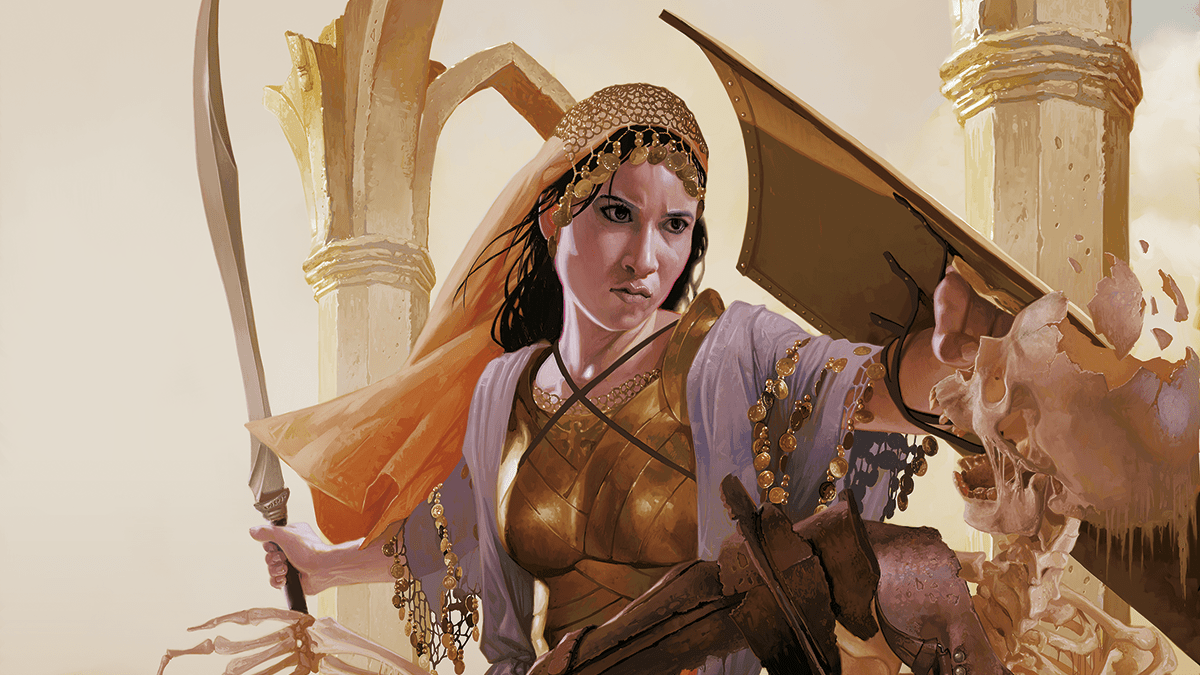

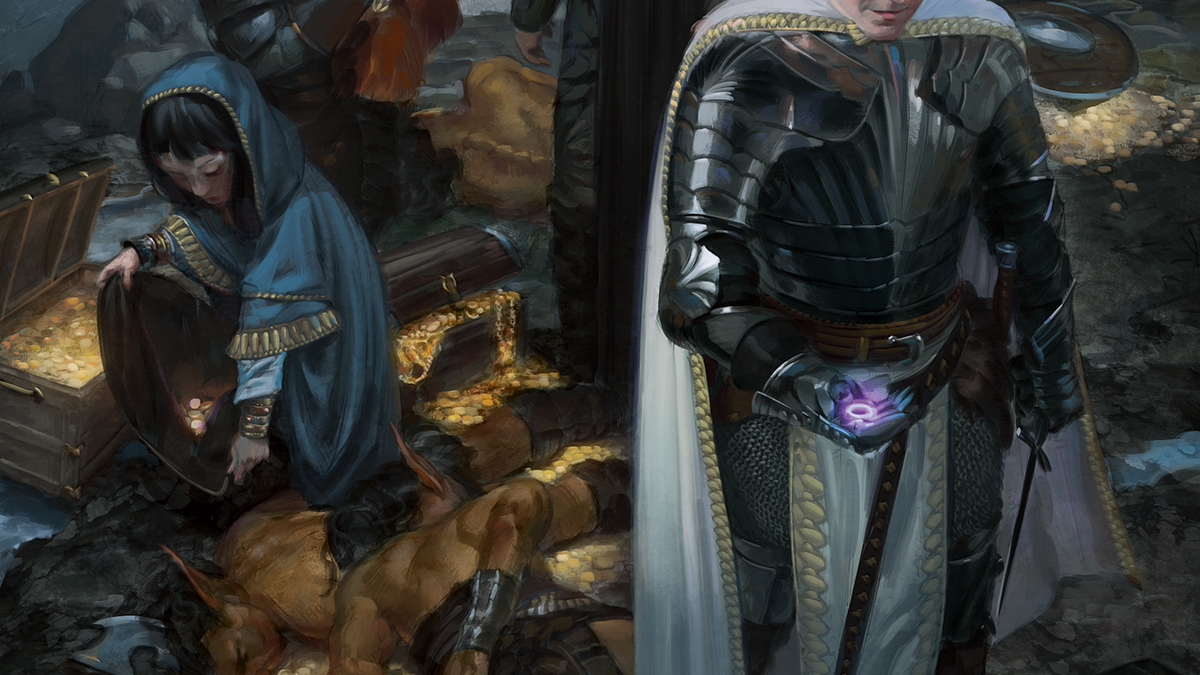
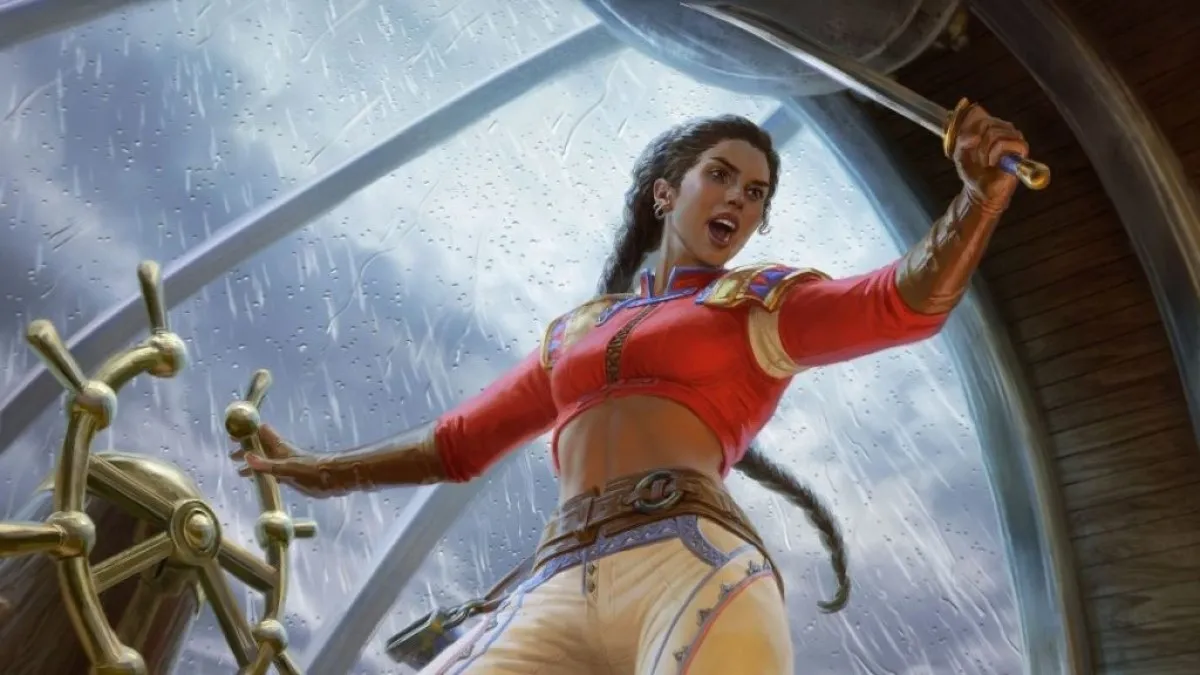
Published: Aug 23, 2023 06:43 am